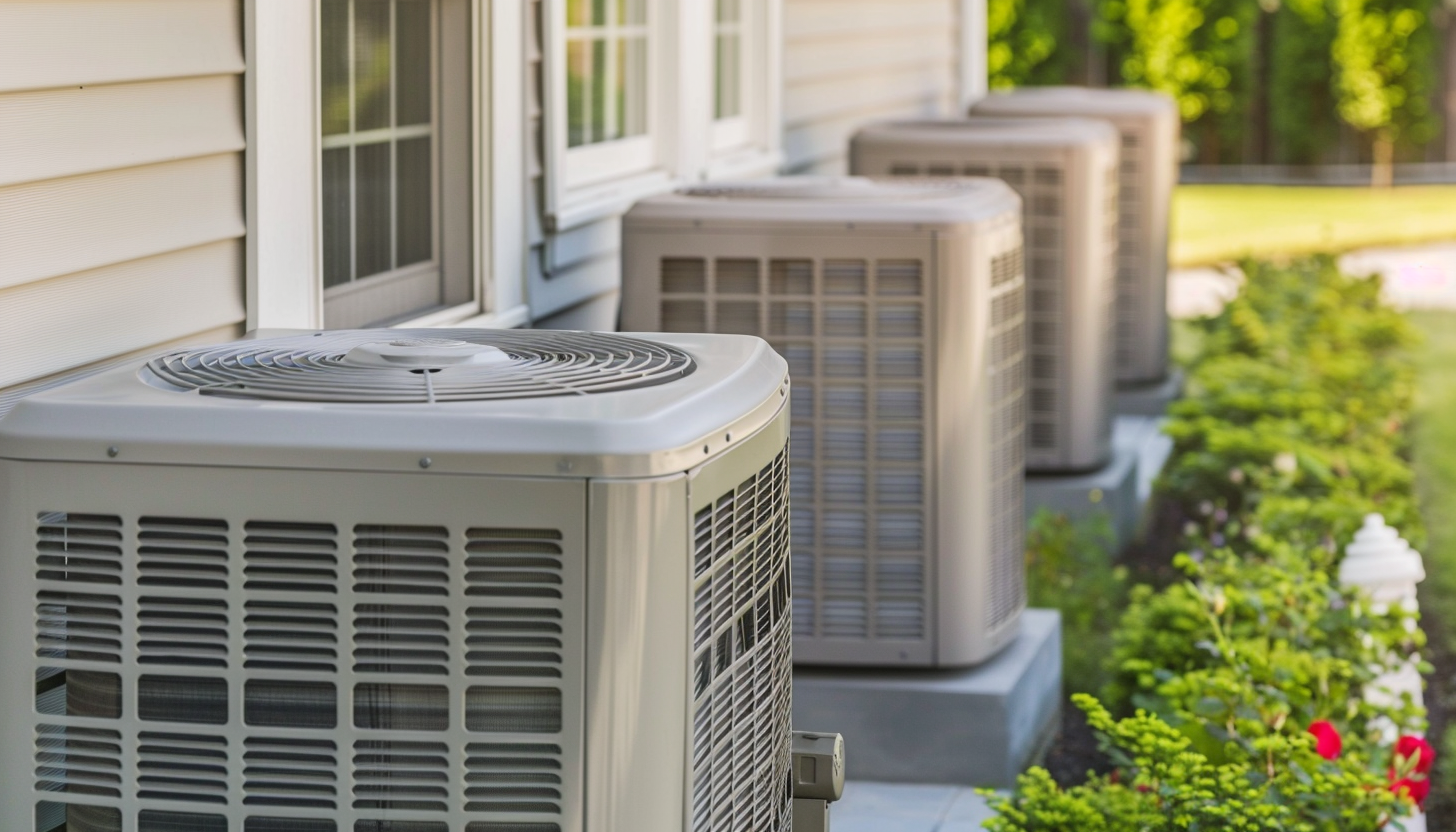
When it comes to HVAC Systems, safety isn’t just a priority; it’s a necessity. Proper installation and maintenance practices can be the difference between a system that runs smoothly and one that puts your home at risk. In this ultimate guide, we delve into the most crucial HVAC safety tips that every homeowner and technician must know. To gain a deeper understanding, Learn more about HVAC safetyr.
Mastering HVAC Safety Hazards: What You Need to Know
Understanding the Risks of Electrical Components
Handling HVAC systems involves working with electrical components that, if not managed correctly, can lead to dangerous situations. The primary rule is to always de-energize the system before inspection or repair. Failing to do so can result in electric shocks, which are not only harmful but can also be fatal. In every scenario, following these HVAC safety tips will ensure you and your equipment remain safe.
Navigating Chemical Safety in HVAC Work
The use of chemicals, such as refrigerants and cleaning agents, is common in HVAC maintenance. These substances, while necessary, can pose significant risks if mishandled. It’s crucial to wear protective gear, including gloves and long-sleeved clothing, to avoid direct contact. Adhering to HVAC safety tips related to chemical use will keep both the technician and the environment safe from potential harm.
Addressing Respiratory Hazards
Airborne threats like carbon monoxide, mold, and bacteria are invisible dangers in HVAC work. Without proper protection, such as industrial-grade respirators or masks, technicians can face serious health issues. Following HVAC safety tips ensures that your respiratory system remains protected from these unseen hazards. If you’re looking to improve safety, Discover essential HVAC tipsr.
The Vital Role of Personal Protective Equipment (PPE) in HVAC Safety
Why PPE is Non-Negotiable
In the world of HVAC installation and maintenance, personal protective equipment (PPE) isn’t just recommended; it’s essential. PPE includes items like full-coverage clothing, safety goggles, and face shields, all designed to protect against the various hazards that technicians encounter daily. These HVAC safety tips highlight the importance of always using the right protective gear, which can prevent injuries and ensure that safety standards are met consistently.
Key PPE Items to Always Use
- Full-Coverage Clothing: Shields skin from harmful chemicals and extreme temperatures.
- Safety Goggles: Protects eyes from debris and chemical splashes.
- Face Shields and Respirators: Prevents inhalation of dangerous fumes and particulates.
Each piece of PPE is a crucial component in a technician’s defense against potential hazards, making these HVAC safety tips indispensable in maintaining a safe working environment.
Step-by-Step HVAC Safety: From Installation to Maintenance
Initial Inspection: The First Line of Defense
Before any HVAC installation begins, it’s imperative to conduct a thorough inspection of the system and its surroundings. Look for potential hazards such as faulty wiring or obstructed ductwork. This first step in our HVAC safety tips is essential in identifying and mitigating risks before they become problematic.
Proper Tool and Equipment Usage
Using the correct tools is not just about efficiency; it’s about safety. Every piece of HVAC equipment requires specific tools, and using the wrong ones can lead to accidents. To follow these HVAC safety tips, always prepare a detailed list of required tools to ensure everything is on hand before starting the job.
Maintaining a Clean and Safe Work Environment
A cluttered workspace is a dangerous workspace. Keeping the area organized and free from debris not only prevents accidents but also ensures that the HVAC system remains uncontaminated during installation. One of the most important HVAC safety tips is to maintain a clean and secure work environment at all times.
The Power of Technology in Enhancing HVAC Safety
Service Management Software: A Game-Changer in HVAC Safety
Modern technology, like ServiceTitan HVAC software, is revolutionizing how we approach safety in the HVAC industry. This software includes features like customized checklists and automated safety reminders that keep technicians vigilant about following HVAC safety tips. It also offers tools for documenting on-site hazards, ensuring that all safety protocols are meticulously followed. To ensure best practices, Find out more about safe HVAC practicesr.
FAQs About HVAC Safety Tips
Q: What are the most important HVAC safety tips to follow?
A: Always de-energize electrical systems before work, use proper PPE, and maintain a clean work environment.
Q: How can chemical safety be ensured during HVAC work?
A: Use protective gear like gloves and long sleeves to avoid direct contact with harmful chemicals, and always handle substances with care.
Q: What is the role of service management software in HVAC safety?
A: Service management software enhances safety by providing checklists, reminders, and documentation tools that ensure all HVAC safety tips are followed.
Q: Why is regular maintenance crucial for HVAC safety?
A: Regular maintenance ensures that the system operates efficiently and safely, preventing potential hazards from arising.
Conclusion: Making HVAC Safety Your Top Priority
By incorporating these HVAC safety tips into your daily practices, you can ensure that your HVAC system operates efficiently while keeping everyone safe. Whether you’re a homeowner or a technician, safety should always be at the forefront of your HVAC concerns. For more detailed guidance, Explore HVAC safety guidelines.